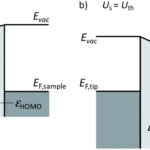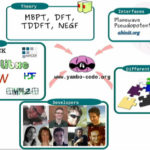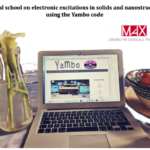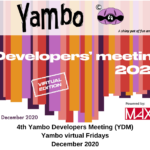HOWDI Annual meeting 2022
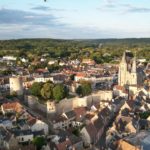
The first annual meeting of the new GDR HOWDI will be held in Dourdan near Paris from May 9th to 13th 2022. It will be only on site, no live streaming is planned. The meeting is dedicated to the memory of François Ducastelle, who passed away last summer. The whole network remembers with deep affection his… Read More


